The Marne and Normandy - the personal and the historical
After the Eurotrib Paris meetup we went to M's relatives, first to her parents who live close to the Marne river:
It's a lovely, tranquil place - now:
Miracle of the Marne
But, as with so much of France, it has seen its fair share of horrors. In fact it's where the Germans lost the First World War, in the first weeks of the first year - but the war dragged bloodily on for four years - slaughter on an industrial scale.
Dead soldiers remain on the battlefield after the battle of the Marne in September 1914. After this battle, the opposing armies in World War I began digging defensive trenches across from each other. This defensive strategy, known as trench warfare, characterized the rest of the war. AP
The First Battle of the Marne (also known as the Miracle of the Marne) was a World War I battle fought from September 5 to September 12, 1914. It was a Franco-British victory against the German army under Chief of Staff Helmuth von Moltke the Younger.
By the end of August 1914, the whole Allied army on the Western Front had been forced into a general retreat back towards Paris. Meanwhile the two main German armies continued through France. It seemed that Paris would be taken as both the French Army and the British Expeditionary Force fell back towards the Marne River.
...As the German First and Second Armies approached Paris, they began to swerve to the southeast away from Paris, exposing their right flank to the allies. By September 3, Joffre recognized the German armies' tactical error, and quickly made plans to halt the French and British withdrawal and attack the Germans all along the front.
... By September 9, it looked as though the German First and Second Armies would be totally encircled and destroyed. General von Moltke suffered a nervous breakdown upon hearing of the danger.
... The German retreat between September 9 and September 13 marked the abandonment of the Schlieffen Plan [i.e. as the Germans estimated that it would take the Ruusians weeks to mobilise, the plan was to quickly attack and defeat France, then move the bulk of the German armies to the East to confront the Russians].
Moltke is said to have reported to the Kaiser: "Your Majesty, we have lost the war." In the aftermath of the battle, both sides dug in and four years of stalemate ensued.
The First Battle of the Marne is best remembered for the approximately six hundred Parisian taxicabs, mainly Renault AG's, commandeered by French authorities and used to transport six thousand French reserve infantry troops to the battle. Their arrival has traditionally been described as critical in stopping a possible German breakthrough against the 6th Army. Today, some historians question their real impact. Their impact on morale, however, is undeniable: the taxis de la Marne were perceived as a manifestation of the union sacrée of the French civilian population and its soldiers at the front, reminiscent of the people in arms who had saved the French Republic in 1794.
The La Ferté-sous-Jouarre memorial is a World War I memorial in France, located on the south bank of the River Marne ... Also known as the Memorial to the Missing of the Marne, it commemorates over 3,700 British soldiers with no known grave, who fell in battle in this area in August, September and early October 1914.
http://en.wikipedia.org/wiki/La_Fert%C3%A9-sous-Jouarre_memorial </font>
Then to Normandy to meet M's sister and family - a very French welcome:
The dog is clearly French:
Unfortunately the weather (which had been very good earlier in the year) was rather depressing, but we made the effort to get out and took advantage of the few breaks in the clouds.
But, if you have some knowledge of history, you can't help thinking of who else has been on these beaches.
Once more unto the beach
Laurence Olivier in "Henry V"
It was somewhere near here that Henry V waded ashore with his army. Of course in England he is generally thought of as the great hero of Shakespeare's play, memorably played by Laurence Olivier in his excellent film version, and more recently by Kenneth Branagh.
So it comes as a bit of shock, even for a Lefty like me, to read the last sentence of this:
Those who admire Shakespeare's Henry V and Kenneth Branagh's film adaptation, and who are curious about the real King Henry, will find this book to be a good read [Henry V As Warlord by Desmond Seward] fluently and clearly written, neither too short nor too long. Henry was a sort of monster; he was also a great man. The human race naturally admires such men, and for that reason one should not fault Shakespeare for creating a great national hero out of a ruthless military genius. What is remarkable is that so much of the real Harry comes through in the play. Even so, the disasters of war inflicted on the French are appalling to read about in this book. The Nazi occupation was mild in comparison.
http://www.amazon.ca/Classic-Military-History-Henry-Warlord/dp/0141390581
And when one reads the quotation below one is tempted to say cynically: "Tout ca change, tout ca reste la meme chose":
Most historians agree that Henry's goal of conquering France was far beyond English resources. Thus, although Henry's premature death at the height of his success assured personal glory, his short-sighted ambitions left his son's administration burdens heavy enough to make civil strife inevitable.
The cost of the war later bankrupted the Lancastrian government, and territories were permanently lost which had been held securely for over 400 years.
http://ise.uvic.ca/Library/SLT/history/henryv.html
But Olivier's film version was made during WWII and was powerful propaganda (though unfortunate that our allies, the French, were the enemy). 500 years after Henry's brutal attack, we returned with the Americans and troops from the colonies to liberate France. This is the usual focus of Hollywood and British films, largely ignoring the far greater struggle in the Soviet Union, which really determined the final outcome of WWII. But on both fronts the suffering was appalling:
The gates of hell:
An American soldier wrote at the time:
Death & wreckage and I don't want to be a hero. Shells and mines exploding all around.
7-21-44 Finally got news all other boats but 3 were sunk. About 10 of my personal friends were on them. They drifted in the night to Island of Guernsey. No ammunition or nothing it was German occupied. They had no chance Just like clay pidgeons (sic). We had no maps or course when we started out some one really fucked up. 12 boats left out of 36. it sure is hell. Will I ever be the same again...
Joe Baker, July-August 1944
http://www.daughtersofd-day.com/lettershome.htm
Cf.:
I made my way forward as best I could. My rifle jammed, so I picked up a carbine and got off a couple of rounds. We were shooting at something that seemed inconsequential. There was no way I was going to knock out a German concrete emplacement with a .30-caliber rifle. I was hit again, once in the left thigh, which broke my hip bone, and a couple of times in my pack, and then my chin strap on my helmet was severed by a bullet. I worked my way up onto the beach, and staggered up against a wall, and collapsed there. The bodies of the other guys washed ashore, and I was one live body amongst many of my friends who were dead and, in many cases, blown to pieces.
http://www.pbs.org/wgbh/amex/dday/sfeature/sf_voices_04.html
A later reflection on that awful time; it's not the most sophisticated poetry but has deeply felt memories of that "hell on earth":
A Quiet Place
It's quiet here ... so quiet
Standing on this hill
But if I stand here too much longer
My eyes with tears will fill
Looking down ... I'm there again
On that beach ... just down below
Far different ... to that morning
That I remember so
That beach ... it was a hell on earth
Where no man ... should ever go
I remember
I was down there
I should know
Don't cry now ... dear old soldier
That was many years ago
http://www.combinedops.com/Poetry.htm
Honfleur
Honfleur is now a quaint place full of tourists and it has the very nice Eugene Boudin museum (I don't recommend the trendily confusing Erik Satie Museum, though some might like it):
It's full of images of happier times in the area:
Eugene Boudin, Beach scene, Trouville, 1864
"When will they ever learn ..."
A break in the clouds, Ouistreham (Sword Beach), Normandy 2007

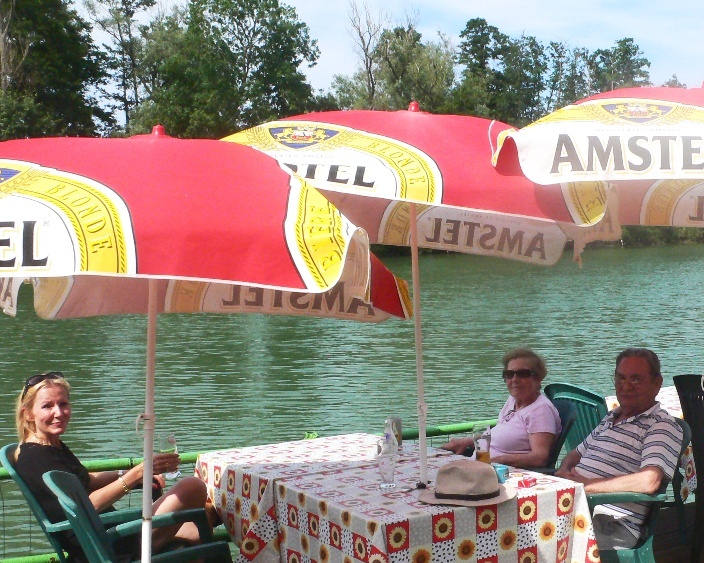
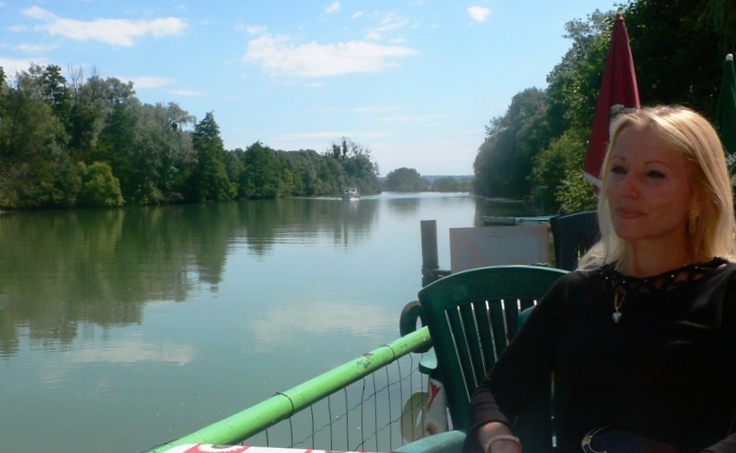
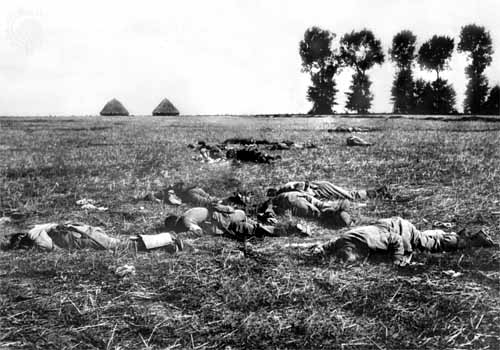
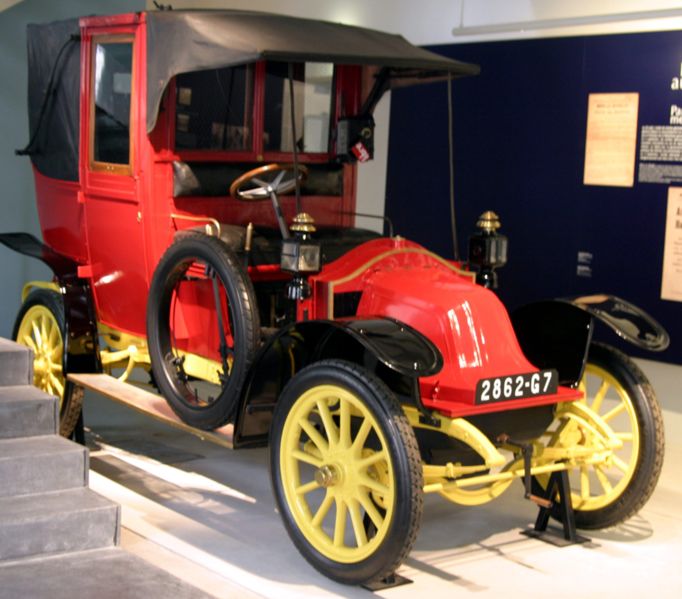
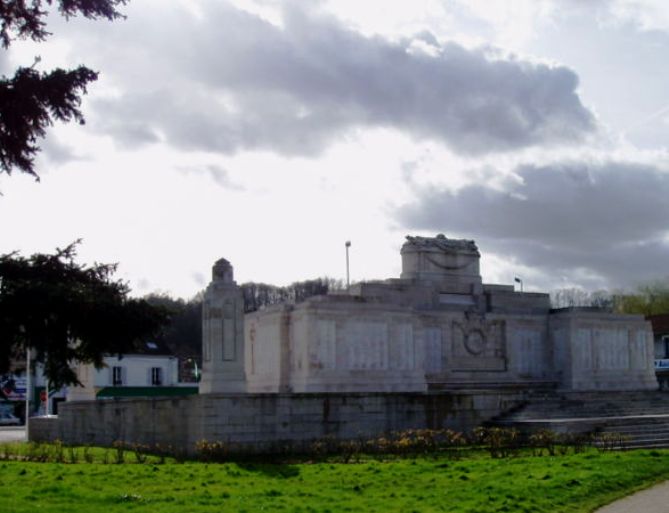


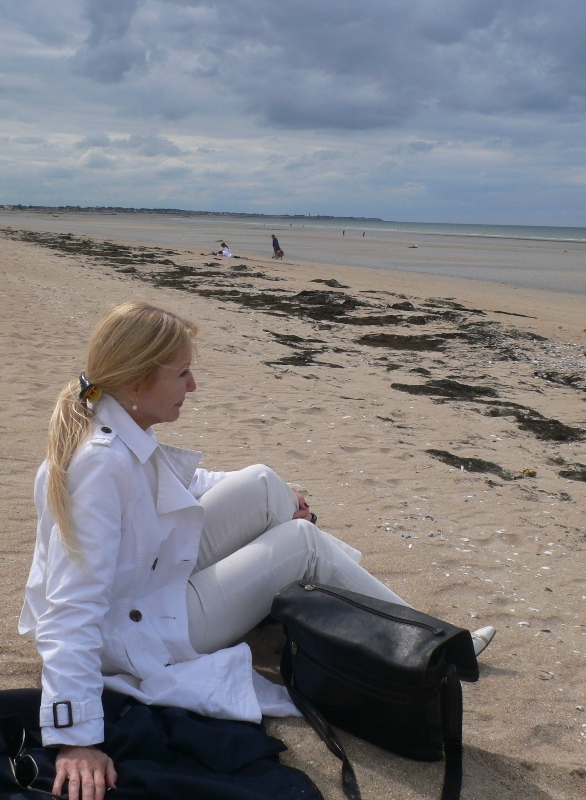
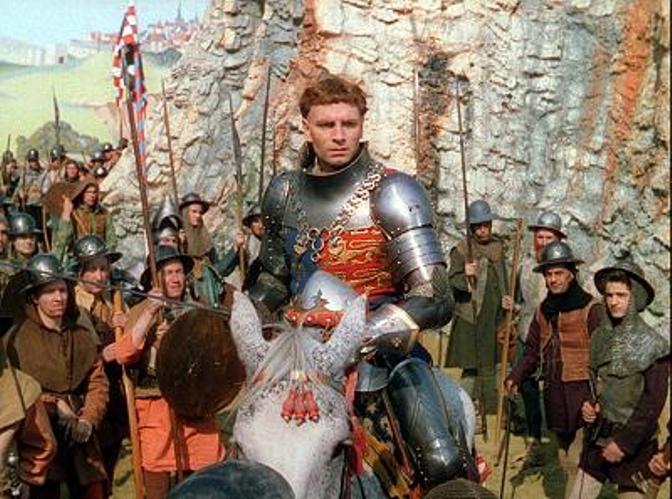
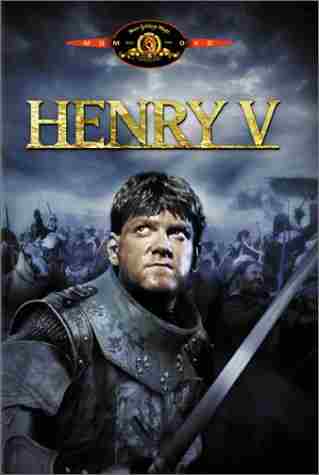
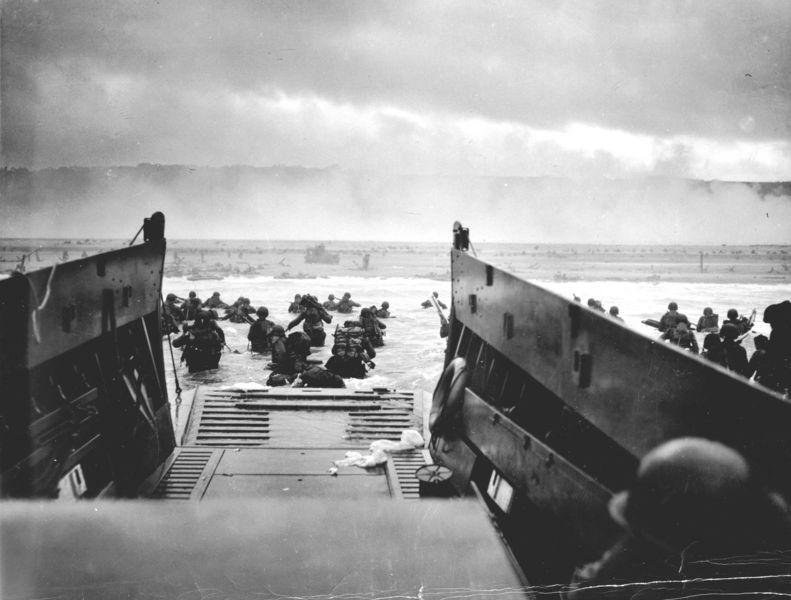
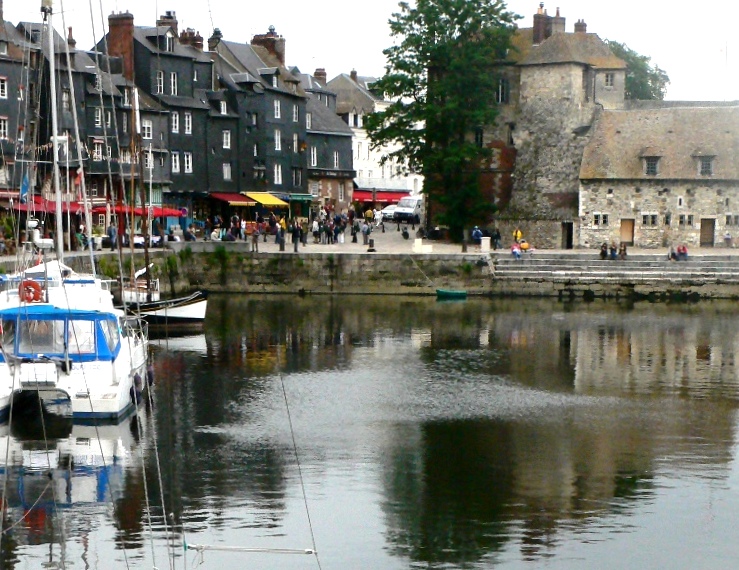
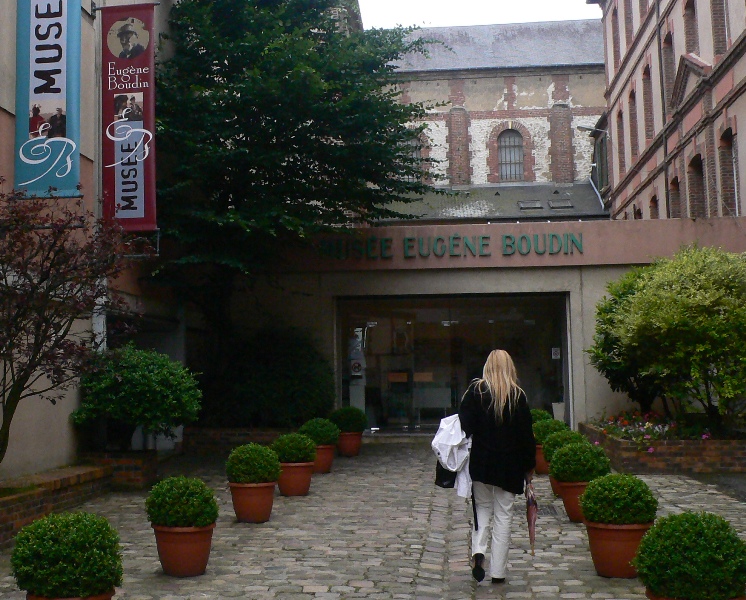
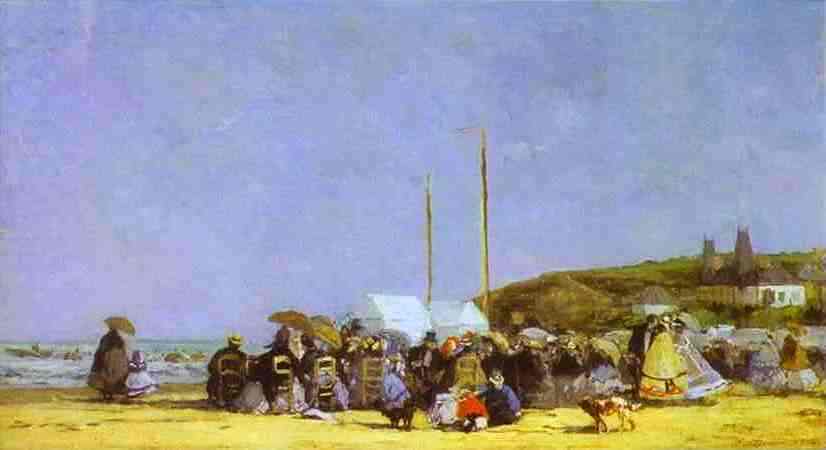
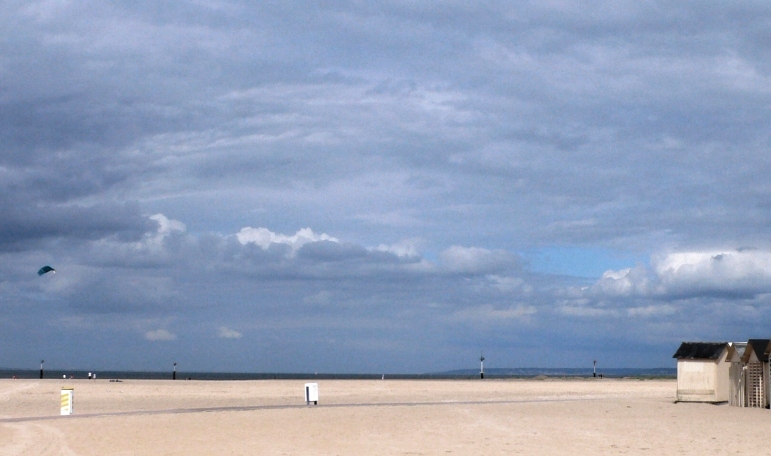
No comments:
Post a Comment